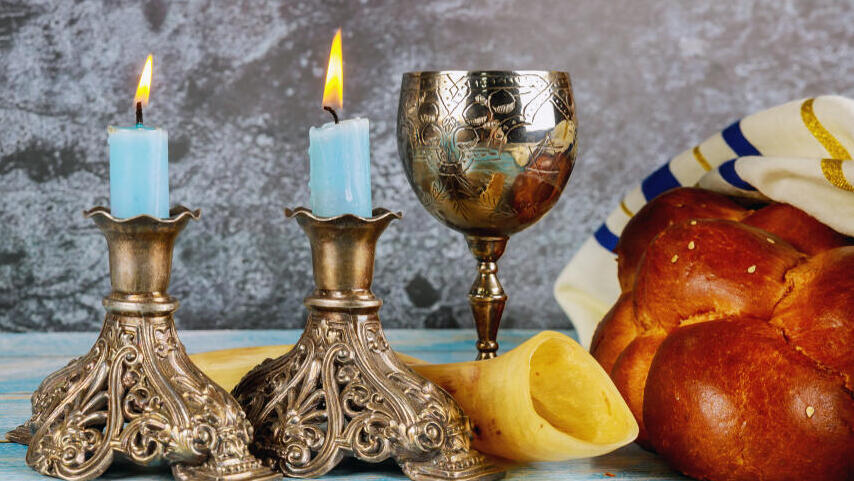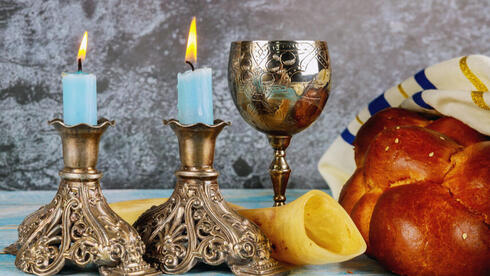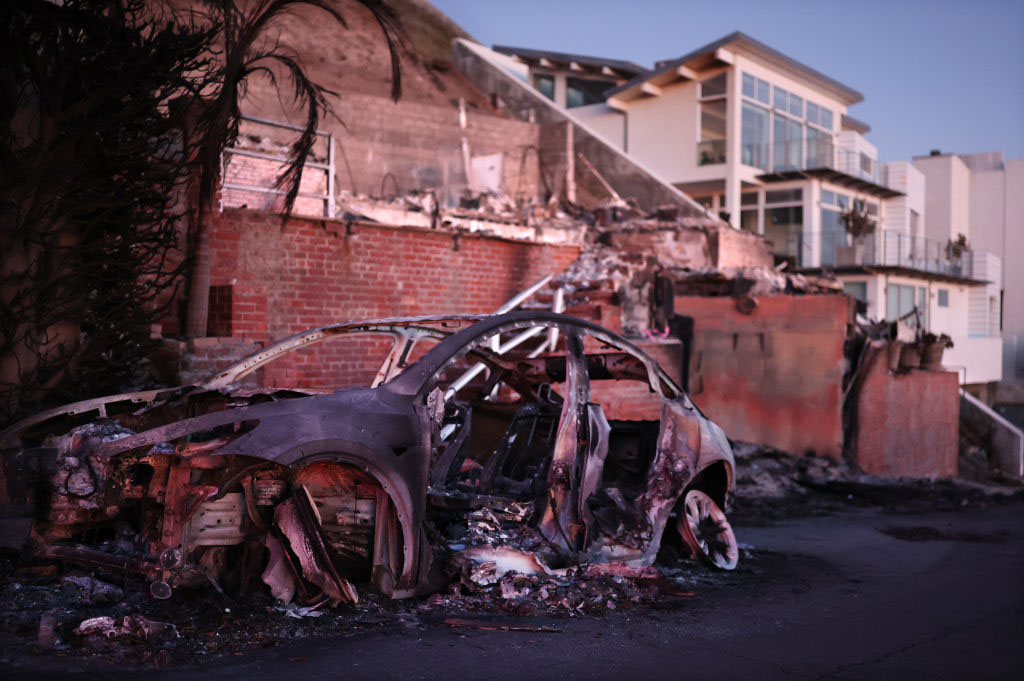1 More photos

Shabbat time, January 17: Jerusalem – 16:20, Tel Aviv, Central District, Hasharon and Shfela – 16:39, Haifa – 16:28, Safed, Tiberias – 16:26, Hebron – 16:27, Ariel – 16:29, Be’er – Sheva – 16:43, Eilat – 16:35.
Exodus time of Shabbat, January 18: Jerusalem – 17:39, Tel Aviv, Central District, Hasharon and Shfela – 17:41, Haifa – 17:39, Safed, Tiberias – 17:36, Hebron – 17:37, Ariel – 17:39, Be’er – Sheva – 17:42, Eilat – 17:44.
The time of the onset and outcome of Shabbat, January 17-18, in some cities of the Diaspora: Moscow – 16:15 (output – 17:38), St. Petersburg – 16:18 (17:40), Kyiv – 16:08 (17:22), Minsk – 17:05 (18:24), Prague – 16:14 (17:27), Berlin – 16:08 (17:25), Paris – 17:07 (18:18), London – 16:06 (17:21), New York – 16:38 (17:41), Los Angeles – 16:52 (17:50), Toronto – 16:51 (17 :57).
Weekly chapter “Shemot”: when there is something to die for, there is something to live for
When we see what price the best sons of our people are paying in the current war, we better understand what is most important in life. The weekly parsha Shemot is a very difficult parsha, telling about Jewish children drowned in the Nile. Our sages say that these children did not die in vain, they committed Kiddush Hashem – sanctification of the Name of the Most High. But what is the greatness of death for Kiddush Hashem? The sages consider it the highest level of human exaltation, but the question cannot help but arise – why? After all, Jews sanctify life, not death!
Who sanctified the Name of the Most High more – Abraham, for whose sake an open miracle was performed, and he emerged unharmed from the oven into which he threw himself for the sake of sanctifying the Name, or Rabbi Akiva, who was not awarded such a miracle? The Romans used iron scrapers to strip the flesh from the living Rabbi Aviva until he died. But Rabbi Aviva did not deny or break. Rambam (Maimonides) believes – Rabbi Aviva. In his opinion, to sanctify the Name of the Most High is to show not the greatness of God, but the greatness of man, his devotion to the ideals of goodness and love, on which children should be raised. Our soldiers who fell in Gaza and Lebanon consecrated the Name. And some considered this generation to be sybaritic, spoiled by freedom and material well-being, who are only interested in the latest model of iPhones or a trip to South America. And he turned out to be completely wrong.
In this chapter, the Almighty addresses Moshe through the unburnt thorn bush (burning bush) and the dialogue between them lasts a whole week. The Almighty wants to send Moshe to Egypt so that he can lead the Jews out of slavery and into freedom. But Moshe does not immediately take on this mission, but asks a number of questions. Some of them are set out in the Midrash, and they are quite logical: why did You choose me, who will believe me that I am the messenger of God? But one of the questions is very strange – what is your name? The Almighty answers this too, although, it would seem, which of the Jews suffering from slavery in Egypt would ask about this? And what kind of answer is this “I am He who is”? It is no coincidence that after such an answer, Moshe demands additional clarification.
The Rambam, in his book “More-Nevuchim” (“Guide for the Lost”), examines in detail exactly this moment of Moshe’s conversation with the Almighty. And he emphasizes: the Torah uses two names of the Almighty, expressing the properties of Judgment and Mercy. And here another name appears. Its purpose is to answer the question that the Jews had to ask Moses when they learned who sent him to them. The essence of this name is “I am the One who must be, because without Me there will simply be no world.” The conversation between Moshe and the Almighty through the bush of the burning bush takes place at a time when the Jews have been in terrible slavery for 86 years. The hardest work of building cities and storehouses was piled on them, their newborn babies were drowned in the river and walled up alive within the city walls. The Hamas bandits who baked Jewish babies in an oven in one of the kibbutzim bordering Gaza did not come up with anything new.
Lubavitcher Rebbe Menachem Mendel Schneerson explained the question the Jews asked: if you were sent by God, then where was He for these 86 years? This is precisely what interested the Jews oppressed in slavery, and not a philosophical interest in the name of the sender. This question has concerned people since time immemorial, because it concerns justice in our world. People have always tried and are trying to understand why the righteous suffer? And why do villains sometimes live long and revel in their villainy instead of suffering immediate and appropriate punishment for it? If God exists, how does He allow this? Where is His justice?
“The Father of Commentators” Rashi explains this name – “I am the one who will always be and always was. I was with the Jews all these years, I cried and suffered with them.” But then the question arises, why didn’t He stop it? And the Almighty gives the answer: “There are reasons why I sometimes have to hide my mercy. But do not doubt, everything was done precisely on the basis of mercy. Why, you will understand later.” And, indeed, only later it became clear that the Jews had to become a people, and not just a people, but worthy of the high mission of bringing the light of the Torah to all humanity. And to do this we had to go through the melting pot of Egyptian slavery.
When a father brings a child to a hospital for surgery, at first glance, the picture is terrible – the parent puts the child under the surgeon’s knife with his own hands. He cuts, blood flows, the child cries. If you see only this picture and only at this time, then it looks truly terrible. But the father knows that the operation will save the child, and thanks to it he will become healthy. To correctly assess an event, you need to know not only its background, but also its consequences. And this, as a rule, is not given to us. The death of a young man in war is a terrible thing. But there is a consolation: if he protected the Jewish people, it was the sanctification of the Name. The land of Israel belongs to the Almighty, He gave it to the Jews, and the soldier, by protecting the Jews in their state, thereby fulfills the will of the Almighty. And there is no higher sanctification of the Name, more worthy of fate and death.
Today we teach children not only Rabbi Akiva’s commentary on the Torah, but also his devotion to his ideals, his courage, his steadfastness. By his death he showed that he deeply believed in what he taught to tens of thousands of his students. The sanctification of the Name is not the sanctification of God, but the sanctification of man; it is not the glorification of the Most High, but the glorification of man, the greatness of his spirit. When a person has something to die for, he has something to live for. Where are the ancient Romans who executed Rabbi Aviva with villainous cruelty? Nothing remains of them except beautiful ruins. And Jewish children, as it was 2000 years ago, teach commentaries on the Torah of Rabbi Akiva every day in all Jewish schools in the world.
The commentary is based on a series of lectures given by Rav Sh-Z. Ashkenazi 2012–2024
Order of lighting candles on Shabbat
Considered great mitzvah and the responsibility to honor Shabbat by lighting candles about 20 minutes before sunset on Friday evening. Due to the special holiness of Jerusalem, candles are lit there 40 minutes before sunset.
This unique commandment entrusted to Jewish women is rich in meaning and significance. For it is said in the book “Zohar”: “And if she lights Shabbat candles with joy in her heart, she will bring peace to her home and will be rewarded with children who will illuminate the world with the light of the Torah, and this will bring peace to the earth and longevity to her family!”
Candles are lit in the room where the meal is held. A minimum of two candles are lit, but in many communities it is customary to add one candle for each child. Candles should burn until the end of the meal, or at least for at least an hour and a half. If they go out prematurely, they, of course, cannot be lit again. It is better to have separate candlesticks for Shabbat and holiday candles.
It is customary that each of the women present lights the candles, but it is acceptable if one of them does this on behalf of everyone. The woman first lights the candles, and then, covering her eyes with her palms, says a blessing. It is customary for a woman to say a short random prayer for the well-being of the family after saying the blessing and not yet opening her eyes.
Blessing for lighting candles on Shabbat
Blessed are You, Lord our God, Ruler of the universe, who sanctified us with His commandments and commanded us to light the Shabbat candles!
Baruch Ata Adonai Eloheinu Melech ha-olam asher kidshanu be-mitzvotav ve-civanu lehadlik ner shel shabat.











